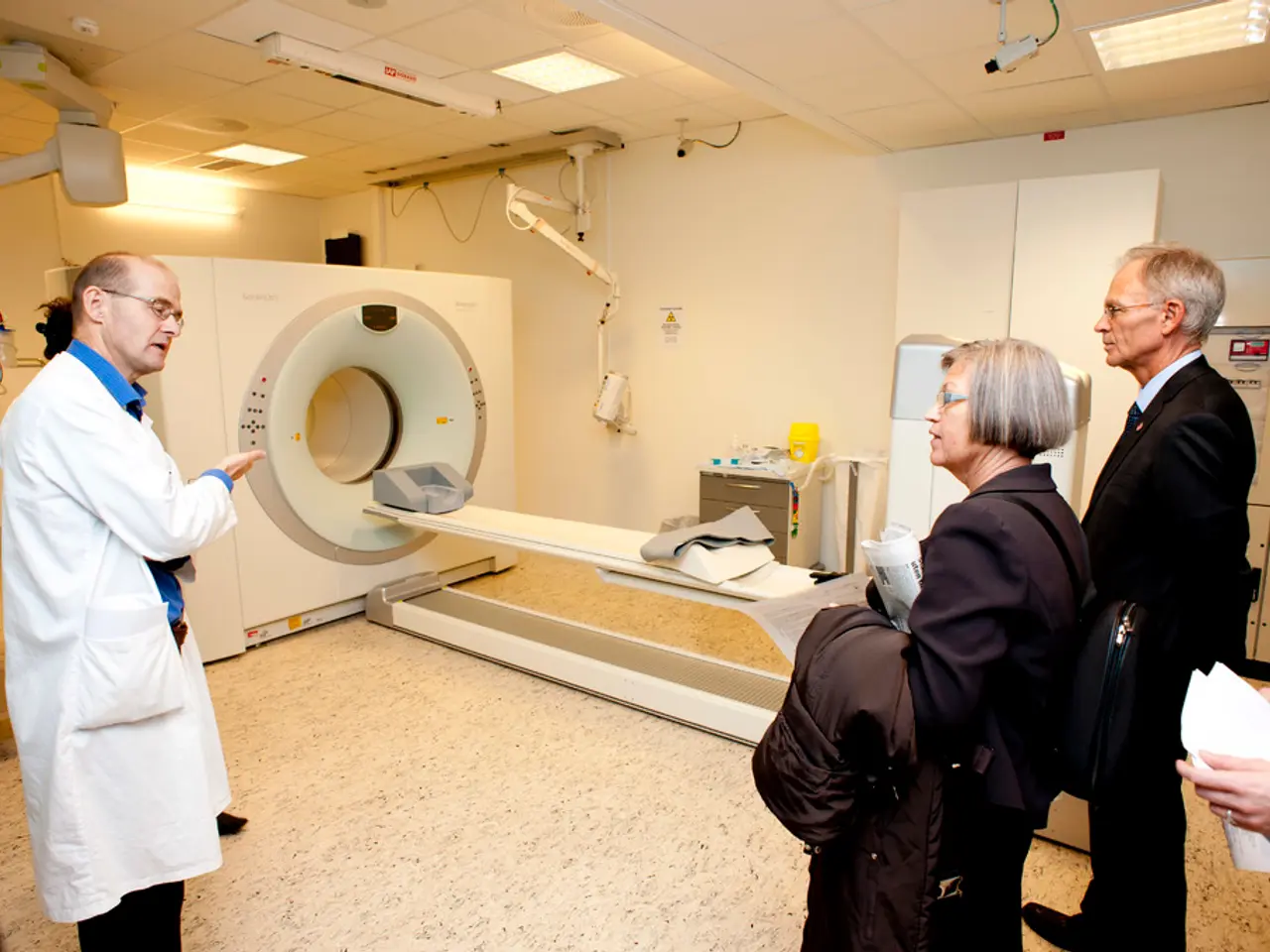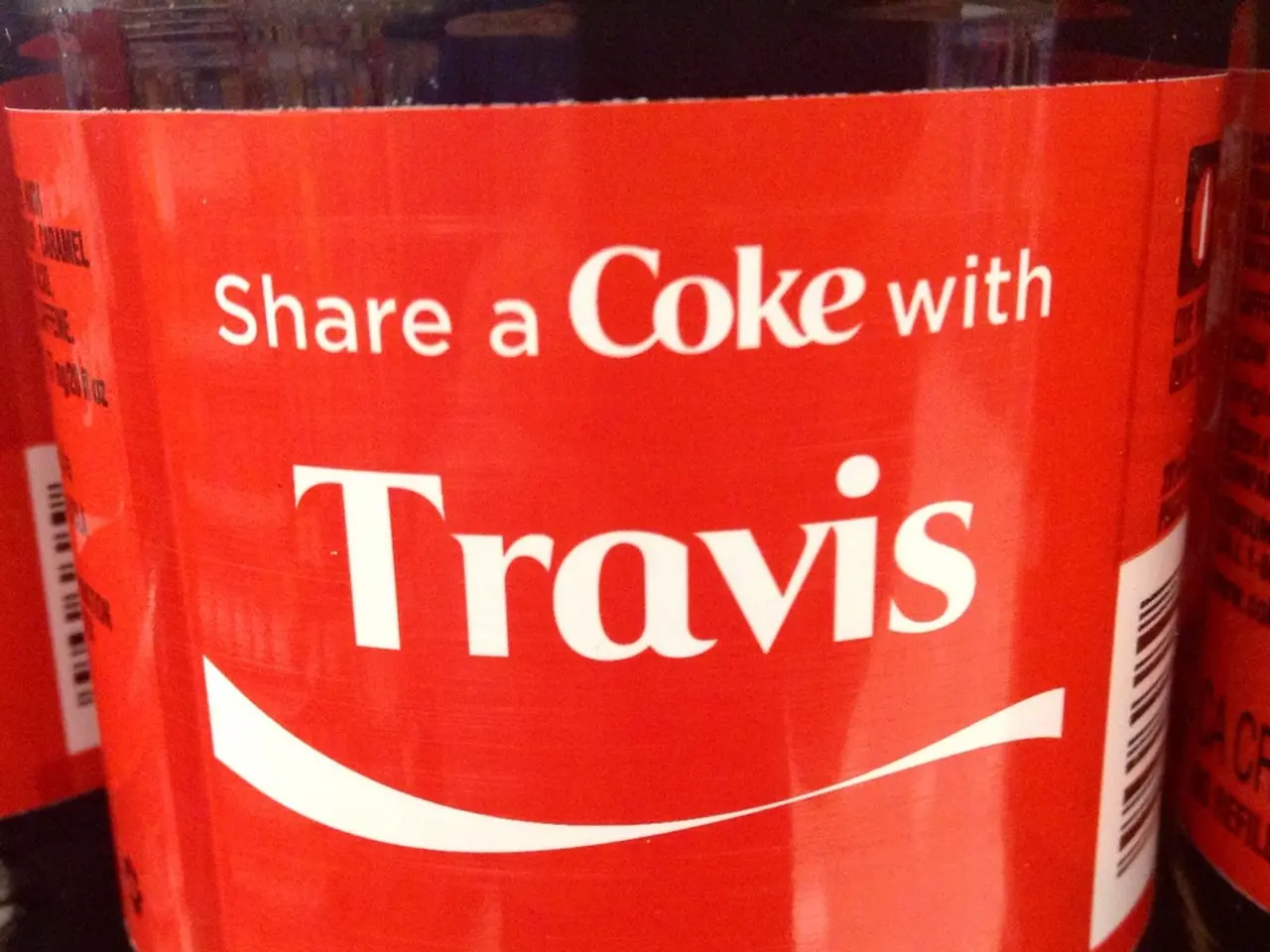Drug regulatory agency MHRA gives green light to elinzanetant, a new treatment for the bothersome hot flashes often experienced during menopause.
The Medicines and Healthcare products Regulatory Agency (MHRA) has taken a significant step forward in addressing the negative impact of hot flushes and night sweats associated with menopause by approving a new non-hormonal medication called elinzanetant (Lynkuet).
This oral medication works by calming certain signals in the brain, helping to bring the body's temperature control back into balance. The approval is based on elinzanetant meeting the MHRA's standards for safety, quality, and effectiveness, as demonstrated in the OASIS clinical trials involving over 1,400 women.
The trials showed that taking a daily 120 mg tablet of elinzanetant significantly reduced the number and intensity of hot flushes and night sweats over 26 to 52 weeks, compared to a placebo. Elinzanetant offers a non-hormonal alternative for those who may not be able to or prefer not to take hormone-based therapies.
Hot flushes and night sweats associated with menopause can have a significant negative impact on quality of life. Elinzanetant may also help improve sleep problems often associated with menopause.
The MHRA will continue to monitor elinzanetant's safety closely as it becomes more widely used. Anyone who suspects they are having a side effect from elinzanetant is advised to talk to their doctor, pharmacist, or nurse and report it directly to the MHRA Yellow Card scheme. A full list of potential side effects can be found in the Patient Information Leaflet or the Summary of Product Characteristics, available on the MHRA website within 7 days of approval.
Beyond elinzanetant, the latest advancements in non-hormonal treatments for menopause symptoms include several promising pharmacologic options. These include Fezolinetant, SSRIs and SNRIs, Gabapentin and Oxybutynin, and non-hormonal options for genitourinary syndrome of menopause (GSM).
Fezolinetant, another NK3R antagonist, received FDA approval in 2023 and works by reducing neurokinin B (NKB) levels to alleviate VMS symptoms like hot flashes. It is generally well tolerated and represents a novel, targeted treatment option beyond behavioral modifications.
SSRIs such as paroxetine (7.5 mg approved by FDA for menopause VMS) and SNRIs like venlafaxine, desvenlafaxine, and escitalopram are used off-label for vasomotor symptoms. These medications offer modest reductions in hot flashes and also benefit related symptoms such as mood disturbances and sleep issues.
Gabapentin and Oxybutynin provide modest efficacy for VMS relief, though they are less commonly first-line therapies compared to SSRIs/SNRIs and NK3R antagonists.
The field is moving towards more targeted neurokinin receptor antagonists like fezolinetant, alongside better-established non-hormonal drugs with ancillary benefits on mood and sleep. Hormone therapy remains a key treatment for many, but evolving non-hormonal therapies provide effective alternatives for women who cannot or prefer not to use hormones.
The MHRA's approval of elinzanetant is part of a broader trend towards innovation in the field of femtech. For more information about elinzanetant, including its safety, quality, and effectiveness, visit the MHRA website. The MHRA Yellow Card scheme can be accessed through their website (https://yellowcard.mhra.gov.uk/) or by searching the Google Play or Apple App stores for MHRA Yellow Card.
Science and health-and-wellness sectors have made a significant stride forward in addressing the challenges of menopause, particularly hot flushes and night sweats, by approving a non-hormonal medication called elinzanetant (Lynkuet). This approval stems from the OASIS clinical trials, which involved over 1,400 women, demonstrating elinzanetant's effectiveness in reducing hot flushes and night sweats in women's health, contributing to the field of femtech, and offering a viable alternative for those who cannot or prefer not to use hormone-based therapies.




